
Read or listen offline
Recommendation
International Monetary Fund (IMF) advisers Rakesh Mohan, Michael Debabrata Patra and Muneesh Kapur do an outstanding job of analyzing the factors that have led to recurrent financial crises in the international monetary system (IMS). They examine proposals to reform the IMS from the point of view of emerging economies and underline the interrelationships among the world’s economies. Their working paper also examines the IMF’s role and offers ideas on how it could be more effective. This short dissertation packs in a lot of information and analysis, making it both thought-provoking and, sometimes, challenging. getAbstract recommends this incisive study to executives of international firms, policy makers, economists and students of international finance.
Take-Aways
About the Authors
Rakesh Mohan is an executive director of the International Monetary Fund (IMF). Muneesh Kapur is an IMF adviser. Michael Debabrata Patra is a career central banker with the Reserve Bank of India.








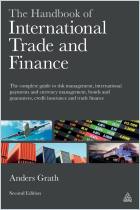
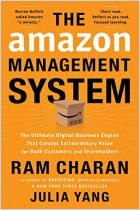
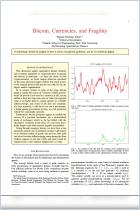
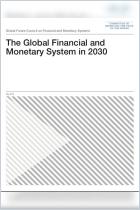
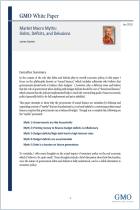
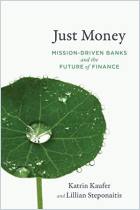

Comment on this summary or Comenzar discusión